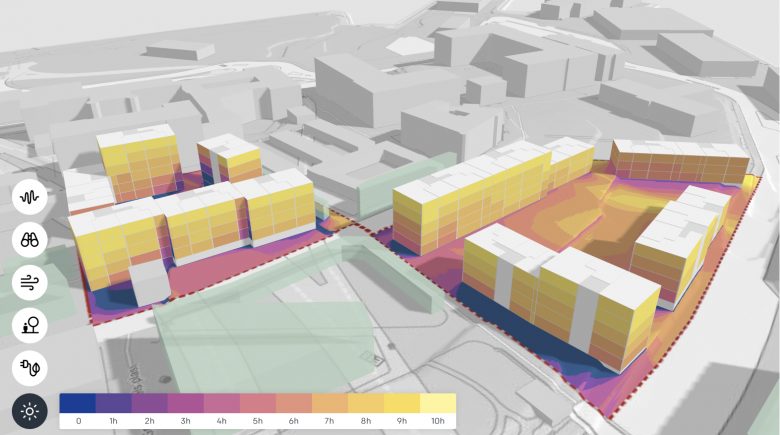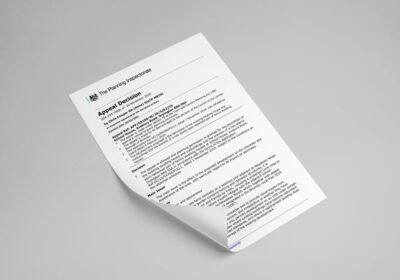Last night, I joined a panel discussion hosted by the team at Developer’s Boardroom chaired by the ubiquitous Susan Freeman alongside Dom Grace from Savills and Michael Bristow of CrowdProperty.
We discussed the opportunities for start-up property developers in 2020. First, some bad news. It’s not going to get easier for SMEs with a change of Government.
It’s clear that the main political parties are so detached from reality that it’s likely that whoever is in power in 2020 will seek to continue the regulatory creep. The good news is that the industry has got used to Government blunder and bluster over the last decade.
With regulations comes opportunity. Proptech has had a great year and continues to make strides finding new ways to activate space and use platforms to link people with ideas and opportunities. Controversial rules around permitted development have meant a new wave of SME builders using redundant space to maximise value. Modular housing offers new ways to bring forward otherwise unbuildable spaces such as Pocket Living’s scheme at Mapleton Crescent.
Here are three pieces of advice from last night’s panel for those looking to start up or grow in 2020:
- Know your patch
Don’t focus on a broad geography but concentrate on micro locations, stick to a specific tenure and become an expert. Local politics remains very important to property development so get to know the Borough you reside in.
Get into the Local Chambers of Commerce, meet the local councillors, work out who is doing what. Understand what the Local Plan is looking to achieve and keep an eye out for new infrastructure improvements which might lift an area.
- Stick to what you know
Development is a broad process, essentially a chain of different activities and capabilities. Don’t aspire to be a Tony Pidgley or a Steve Morgan overnight.
Rather if you’re knowledge is around buildings, focus on delivering buildings, not on planning or land acquisition. If you’re knowledge is around planning, seek sites where you have a good chance to maximise the site’s potential and then seek to exit. If you’re about interior design, then stick to refurbs. Don’t go out of your comfort zone, until you’ve proved you’re in your comfort zone.
- Collaborate
Seeks joint ventures and collaborations. Being a solo artist in property development is a risk in itself. Work with those who have specialisms in different parts of the lifecycle and form alliances. Pool equity and pool expertise, that will help fortify you against the risks and the hurdles.
Conclusion
Having a sound business plan means a clear exit. For SMEs, that necessitates entering or exiting the property development cycle at different points rather than going through the entire lifecycle. There’s no shame in this and it will make you more attractive to funders if you can demonstrate you’re in your comfort zone.
There’s plenty of third-party capital available for those who can present a robust business plan with a clear exit. So stick to the knitting to succeed in 2020.










